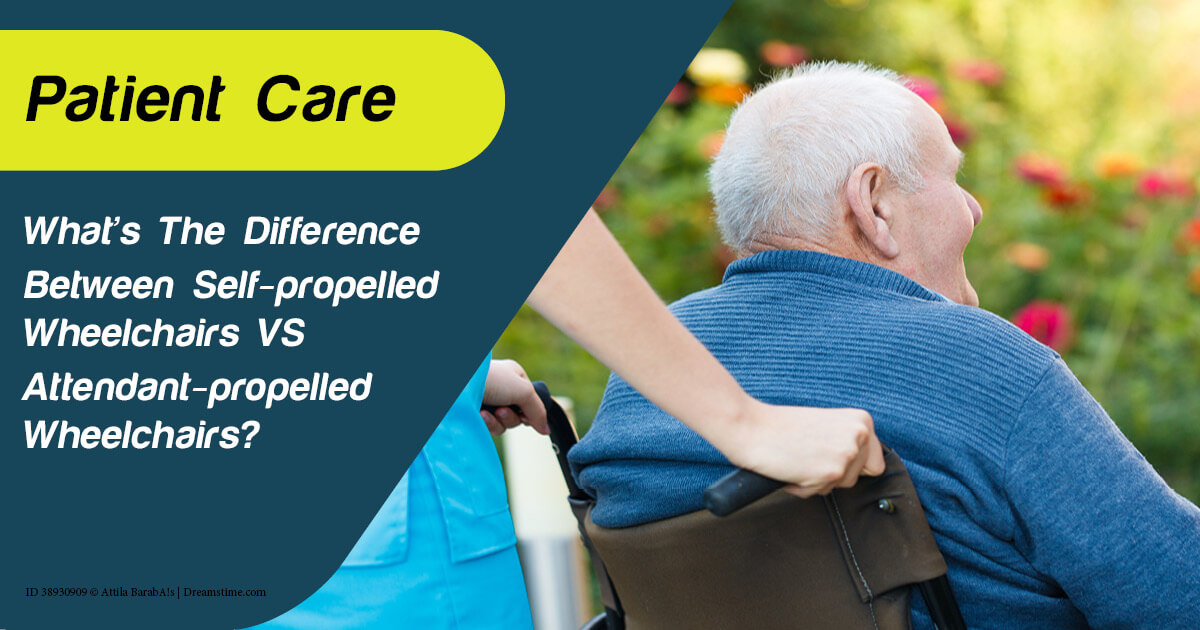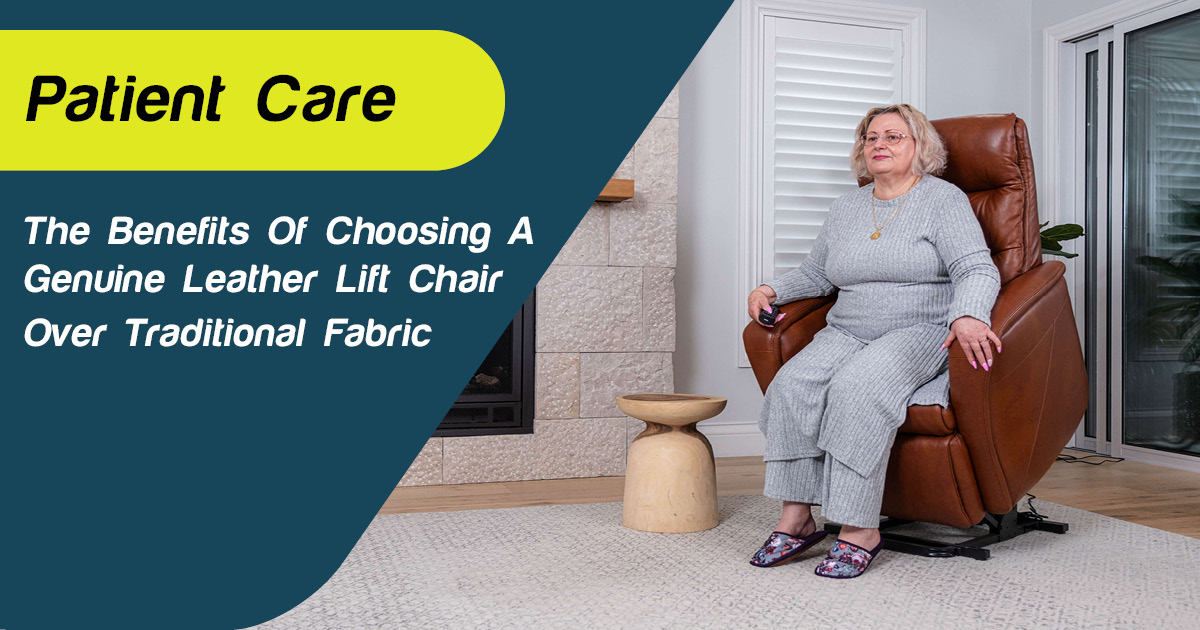
Share
Aging is a natural process and one that can’t be avoided. However, as people age, their ability to do things independently starts to decline. Maybe they’ve grown weaker and less mobile than they once were, or maybe they need more assistance with their daily routine.
While aged care facilities are available, many elderly people prefer to stay in their own home or at least live with family members. For one, it’s a great way to save money and stay in the comfort of their own home, but it also allows carers and family members to assess what’s best for them: staying at home vs. staying in a facility.
If you’re looking into caring for the elderly at home, there are a few things you will need to consider and plan for ahead of time. In this article, we provide nine helpful tips for those looking to care for their elderly family members at home.
#1. Understand how much care your family member really needs
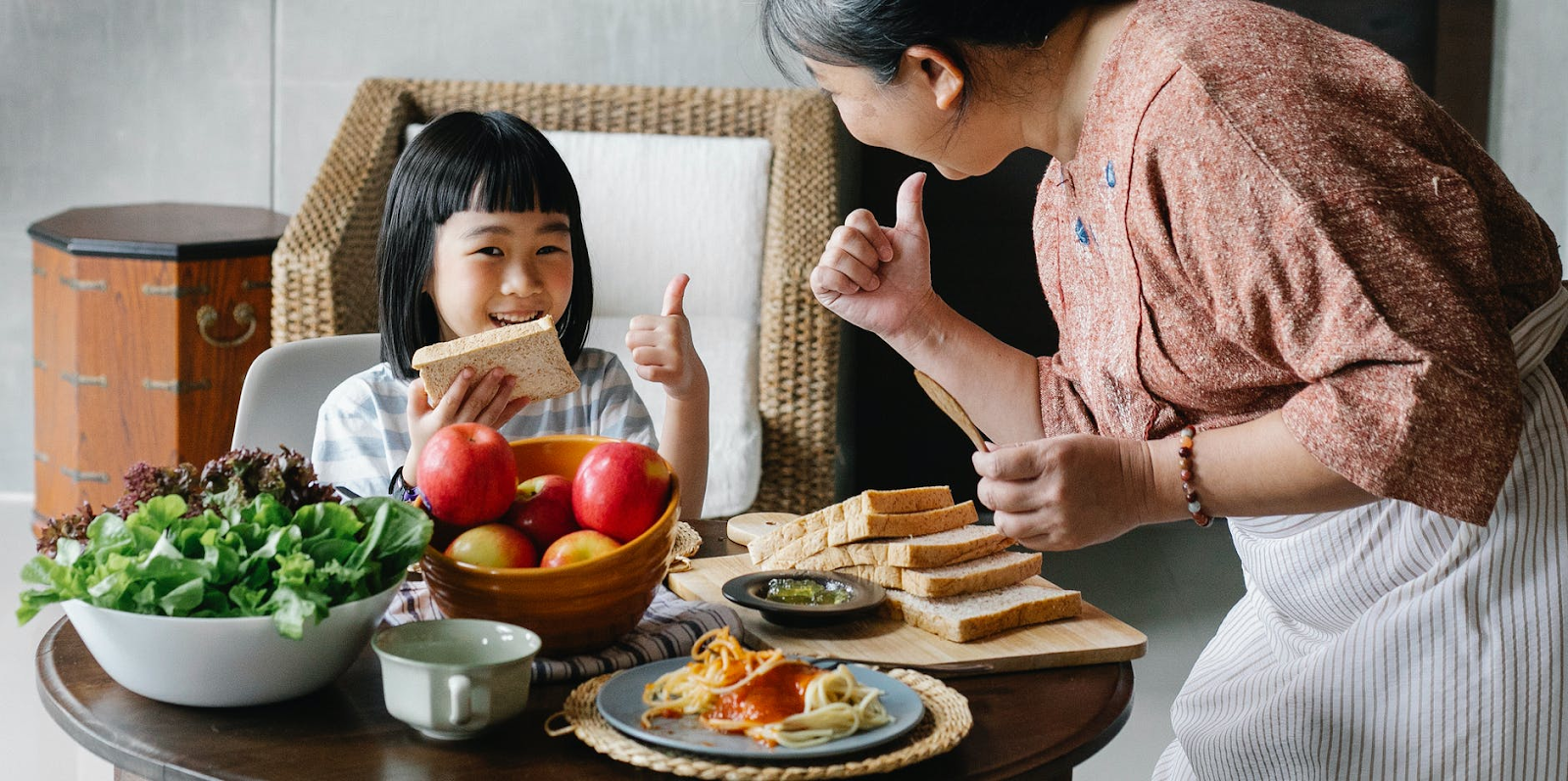
The first step to caring for the elderly is to think about how much care your family member really needs. This will help save problems down the line and ensure you’re providing the best care possible.
Take a look around your family member’s house and find out what your family member needs help with. Ask yourself:
- Do they need help with daily tasks?
- Do they need constant supervision?
- Are they safe in the kitchen and bathroom?
- Is help needed during the day for things like showering and eating?
Once you’ve made a list, you can start planning ahead and determine if your family member will need extra assistance and support down the line. If they have limited movement and mobility, it might be helpful to get an extra set of hands to help them around the house when you’re not there.
#2. Be realistic about how much care you can actually offer (and don't feel guilty)

It’s natural to want to care for your elderly family members and for many people it can be very rewarding. However, juggling a job, a family and your own commitments while also caring for elderly family members, it’s equally natural to feel overwhelmed.
Once you have an understanding of your family member’s needs, you will need to consider your own schedule and how much time you can realistically spare to care for your family member. Make a list of your current commitments: among your other day to day responsibilities, will you be able to care for your family member, socialise and take care of your own health?
Remember you’re just one person and it’s not realistic for you to do it all yourself. Consider how much time you can really offer and don’t feel guilty about getting someone to help out, too.
Plus, if you need some extra support from like-minded people, there are plenty of Facebook support groups like Caring for Elderly Parents where you can ask for advice and open up a dialogue with other at-home carers.
Likewise, Carer’s Gateway provides free phone and in-person counselling, peer support, access to emergency respite services, advice about local services and targeted financial support.
#3. Identify where and when you need assistance

If you’re struggling to keep up with your daily commitments while caring for elderly family members, it might be time to look into some extra help. For example, sending a house cleaner to visit your family member’s home once a week will help keep their home clean and tidy, while also giving you some extra time.
You might also organise meals-on-wheels so you don’t have to take care of the cooking every day.
Maybe other family members can share the load, too, or you can hire a part-time carer to help your family member with cooking, cleaning and bathing a few times a week. If your family member is eligible, you may even be able to receive support from the NDIS.
You’ll find that there are lots of support and assistance networks in your local community to make sure you have ample time for your own commitments, social life and health.
#4. Share the responsibility with other family members

Many people who care for their elderly family members at home have an agreement with other family members to share the responsibility. This is a great idea if you have close family members or friends who can help pitch in a few times a week.
For example, you might have a brother or sister who can do the grocery shopping for your family member once a week, or do the vacuuming and household chores. If your elderly family member is living with you, a relative could even come and stay for a few days so you can have a holiday.
Talk to your family members and friends about setting up a schedule or set task list for each person. This will help lessen the load for you.
#5. Take advantage of financial supports

Caring for an elderly family member at home comes with additional expenses. While you will most likely have access to your family member’s finances for grocery shopping, medical expenses, prescription medication and paying the bills, there are other expenses to consider like meals-on-wheels, purchasing disability support products, paying for a part-time carer and more.
The important thing to remember is that there is financial support available to take the burden off your shoulders. Through Carer’s Gateway (an Australian Government initiative), you could receive:
- Carer Payments. This payment is available if you can’t work because you’re caring for a family member.
- Carer Allowance. This is an income supplement for carers or parents who provide daily care for an adult or dependent child or children.
- Carer Supplement. This is a yearly payment to help with the costs of caring for a person.
If you are over the age of 65, you may have to choose between a Carer’s Gateway payment and the Age Pension. We recommend visiting the Government’s Services Australia website to compare payment options.
#6. Minimise fall risks at home

Whether your family member is living with you or in their own home, the next step is to minimise the risk of trips and slips in the house. Falls can be devastating for the elderly, often leading to serious injuries, humiliation and an overwhelming fear of falling.
We’re committed to making the world safer for the elderly which is why we stock a wide range of non-slip slippers, socks and hip protectors to protect them from falling in the first place.
We also stock Posey alarm systems. These alarms are connected to sensors that detect pressure on or off the sensor and will sound an alarm. This will let you know if your family member is currently wandering unsupervised or has suffered from a fall.
As for making the home more accessible, it all depends on your family member’s level of mobility. If they need assistance while walking but they’re still fairly independent, then we recommend investing in a walker as they can help stabilise your family member and assist them with walking around.
Other things that you could do to make the home safer include:
- Remove small throw rugs and clutter that could be tripped on
- Tack electrical cords to the baseboards so they’re out of the way
- Add brighter lighting around stairs, furniture and sunken areas
- Install handrails and grabrails near stairs, toilets and the bath/shower
- Installing a raised toilet in the bathroom
- Line up furniture along the edges of the room so it’s out of the way
- Get night lights for bedrooms, bathrooms and hallways
#7. Communicate and keep an eye on their wellbeing

If your elderly family member is living independently, a daily or weekly phone call to check on their wellbeing isn’t enough. Elderly people who are struggling often hide it on the phone unless they’re living with dementia of Alzheimers.
Caring for the elderly involves physical check ins to assess how well they’re really doing independently. If you check in over the phone, you may miss or dismiss signs that they need assistance.
Visit your family member regularly and keep notes when you (or another family member/carer) are helping them with something. After a week or two, you should have a fair understanding of what your family member requires assistance with and when.
To eliminate miscommunication between you and your family member, it’s important to communicate effectively, listen and practice patience. Here are some tips for excellent communication with an elderly family member:
- Establish and maintain eye contact — this is a powerful form of nonverbal communication
- Use their name when speaking to them
- Be patient and compassionate
- Ask questions instead of ordering them around
- Try simple yes or no questions if making decisions are too difficult for them
- Learn to be an active listener.
#8. Keep them active and engaged
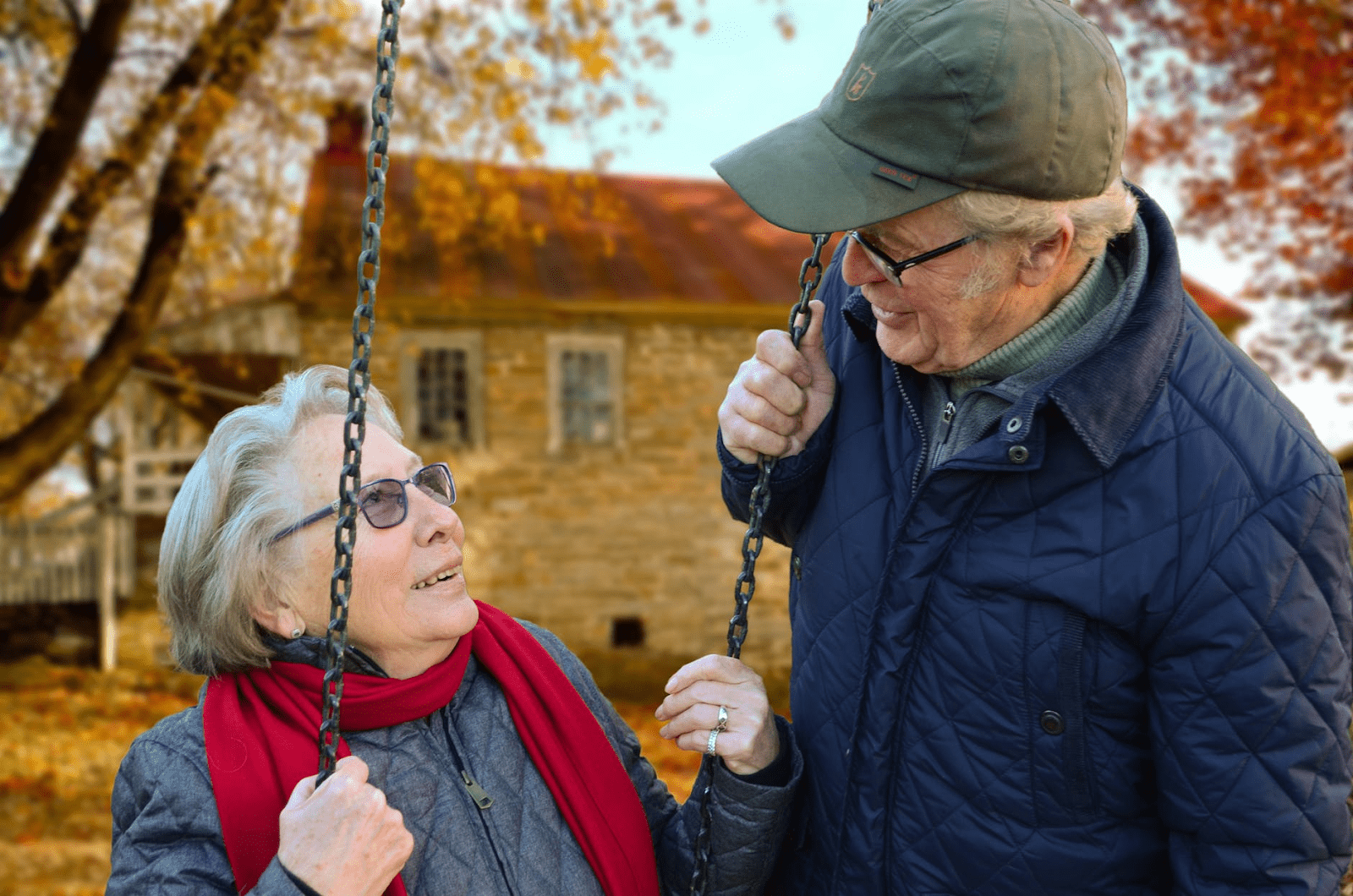
Independent living is fantastic but not if it means retreating from a formerly active and engaged lifestyle. As we age, strenuous exercise can become more difficult but regular exercise — even light exercise — can help improve your family member’s mental and physical health.
It can even prolong their independence and help them maintain coordination and balance, which means the fall risk is much lower.
Encourage your elderly family member to take part in light exercise classes like yoga, pilates and aqua aerobics. Even taking a daily walk around the block can get the endorphins flowing and encourage them to get more fresh air.
If they are unable to do so, consider enlisting the help of a related organisation to lend a hand.
Apart from exercise, make sure your family member’s socialise with their friends and family members. Tee up weekly lunches or coffees with their friends, or get them involved in local activities. This will help them make new friends and connections, giving them an increased sense of freedom.
#9. Organise easy transportation
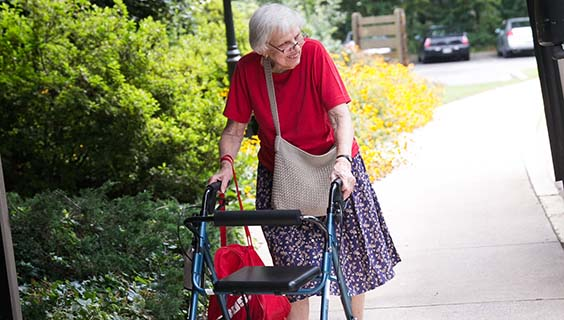
Transportation will depend on your family member’s level of mobility. If they’re still able to move without any issues then a walker would be suitable for them.
Walkers not only assist the user with walking, but most walkers also have seats so your family member can sit down and take a rest if necessary.
Another option is a mobility scooter. A scooter will allow your family member to get where they need to go with more speed, while also covering more distance without getting tired. We recommend a compact scooter like the Colibri scooter which can be dismantled and put into the back of your car.
Making caring for the elderly easier with our premium daily living and mobility equipment
Caring for the elderly can be a full time job, so we hope these helpful tips make the job easier for your family.
We stock an extensive range of daily living and mobility equipment to keep your elderly family members at home and living independently for as long as possible. From cushions to walking sticks and mobility scooters, we have everything you need to make daily living more comfortable.
Need help finding the right products for your family member? Give us a call on 02 9649 2111 and our friendly sales team will be more than happy to assist you.


